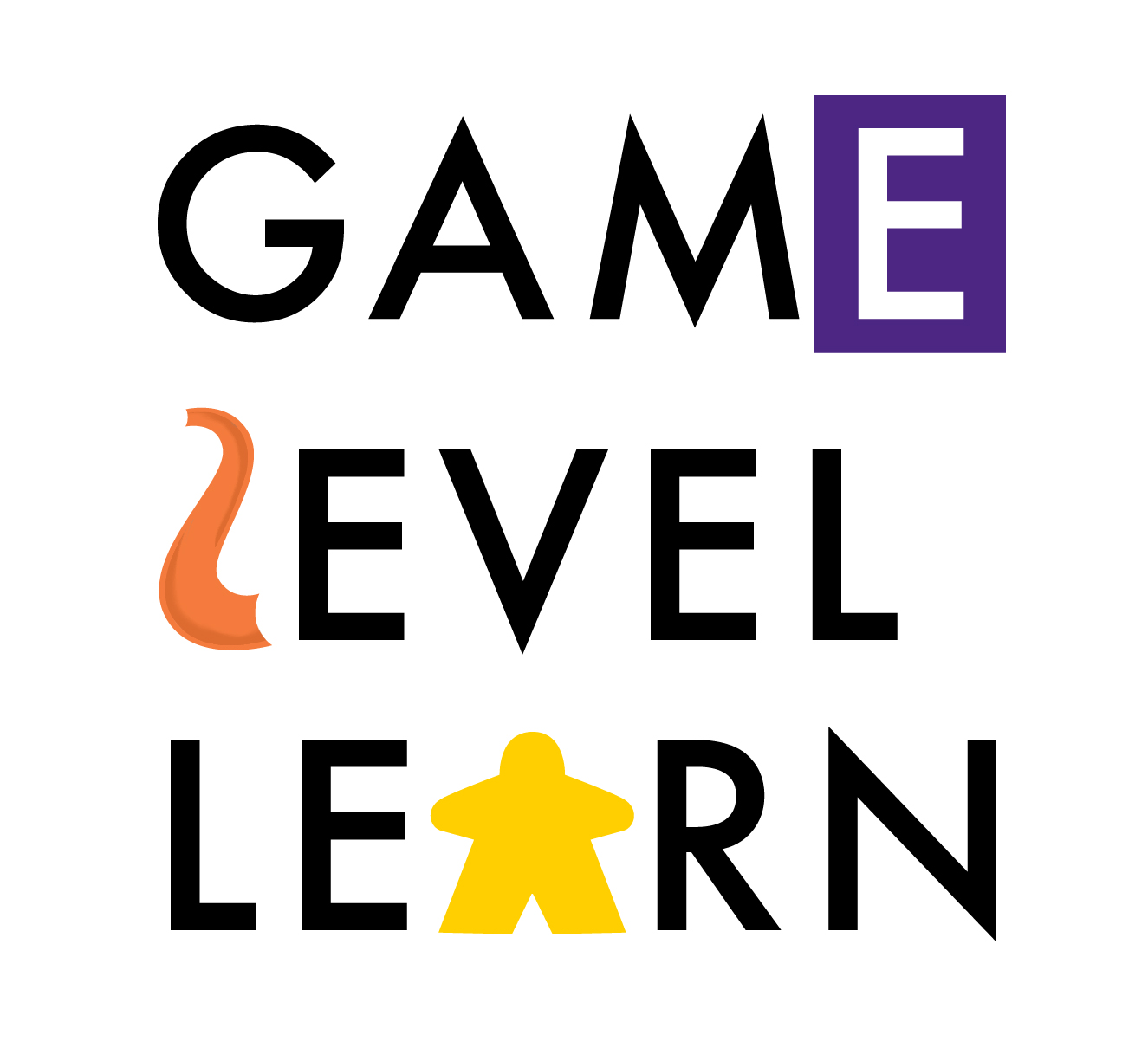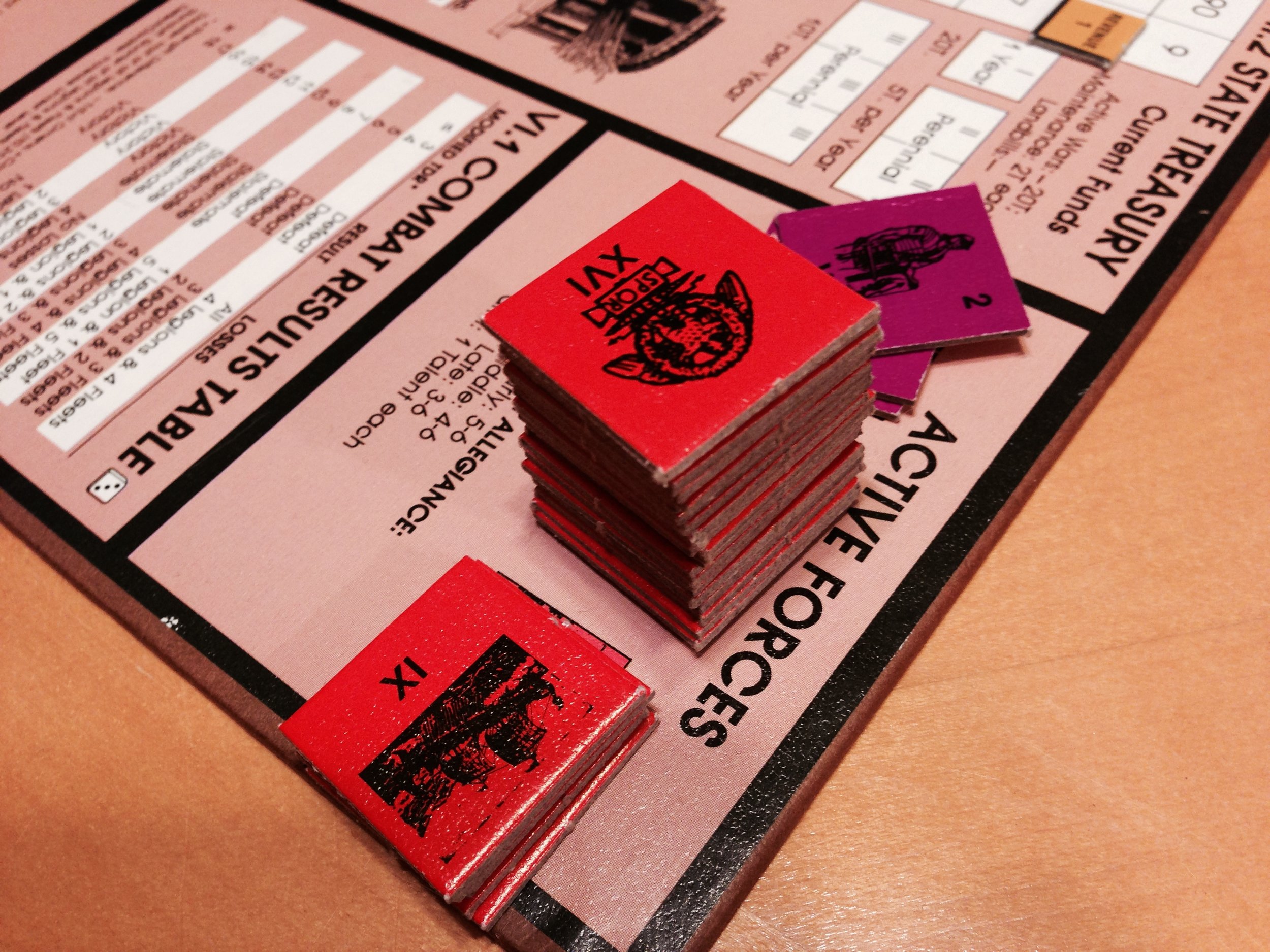51 Mechanics: Simulation Games
/BoardGameGeek (BGG) is a singular repository of gaming information, knowledge and wisdom that has been serving the modern board game hobby since 2000. I consult it regularly and have used its database to manage my own game collection. I also used it when I was writing my 2016 book on gamified instruction, particularly with regard to the game mechanics that BGG identified and organized content into. While there are more than 85,000 games, even now, there are just 51 mechanics. Since every mechanic offers something to the teacher who wants to use games in the classroom, I'm going to use this section of Game Level Learn and my own contributions to it to assess games from each of these 51 mechanics. Next up?
One of the most fertile frameworks for game design is in simulation games. These games mean, through intentional design, to either give the player an experience that is like in some degree some other experience or replicates in game form some system or context from history. Simulation games have a long and storied history. Arguably, the modern era of gaming was initiated by the invention of the game Tactics in 1954. The first commercially successful wargame, Tactics ensured that other designers would come forth with increasingly complex and realistic simulation experiences for their devoted followers. I have by and large left proper wargames off of the list that follows, because this list is meant to give inexperienced gamers an angle into each of these gaming mechanics and for the inexperienced players, even the most straightforward wargame is going to provide a too hefty to manage alone challenge. If you're a history teacher and you have an interest in military or diplomatic history, however, by all means get in touch with me and I can send you some great suggestions for wargames.
Flash Point: Fire Rescue (BGG Rank: 255)
In Flash Point, you are members of a fire brigade trying to extinguish a fire in a structure of some kind. In the base game, it's one of two kinds of houses (the board is double sided). In other expansions, new kinds of buildings are introduced. Like many cooperative team games, Flash Point requires players to take on the role of someone in the fire brigade with specialized skills. An excellent teamwork simulator and does a good job of helping the team understand how the process of fighting a fire works.
Leaving Earth (BGG Rank: 631)
A richly designed experience that simulates the process by which humanity learned how to design and fly spacecraft in the early space age. Perhaps too complicated for an inexperienced gamer, but also perhaps right on the edge of that difficulty level. An extraordinarily thoughtful design that means the player to give very careful thought and attention to all of the factors that influence spacecraft design, the context in which that design takes place and the missions upon which those spacecraft were deployed.
Memoir '44 (BGG Rank: 118)
Memoir '44 is the only wargame on this list, because it is an accessible simulation of World War II combat. It doesn't hurt that the components of the game are very well designed! If you might be interested in wargames as a deeper dive into the gaming hobby, particularly as it relates to education, teaching and learning, would be well advised to check out Memoir '44.
The Pursuit of Happiness (BGG Rank: 652)
The Pursuit of Happiness is a simulation of a full and rich life. You begin the game with some youthful experiences and hobbies, develop a complete adult life, retire if you're able to pursue your passions and then, at the end of the game, die from some sort of cause. Similar in intention to The Game of Life, The Pursuit of Happiness is a fun game about personal development and a compelling artifact in and of itself in understanding western values and how western societies see progress, success and satisfaction.
Republic of Rome (BGG Rank: 339)
In all fairness, Republic of Rome is probably too complicated for beginners, but it's such a ridiculously good example of a simulation game that I just had to include it. Republic of Rome simulates the growth and development of the Roman Republic from its earliest days through the anarchy that ended the Republic in the time of Caesar. Each phase of the game (Early Republic, Middle Republic, Late Republic) has a very different feel and ultimately plays differently from the other two phases. You represent factions within the Senate, vying for power and influence while also sharing collective responsibility for saving the state from its many enemies and challenges. The balance between how well you self-aggrandize and how well you support the state determines not just whether you'll win but also whether the state will survive or fail. If Rome collapses, all players lose. I can't think of a better way to spend 12-14 hours of gaming!


